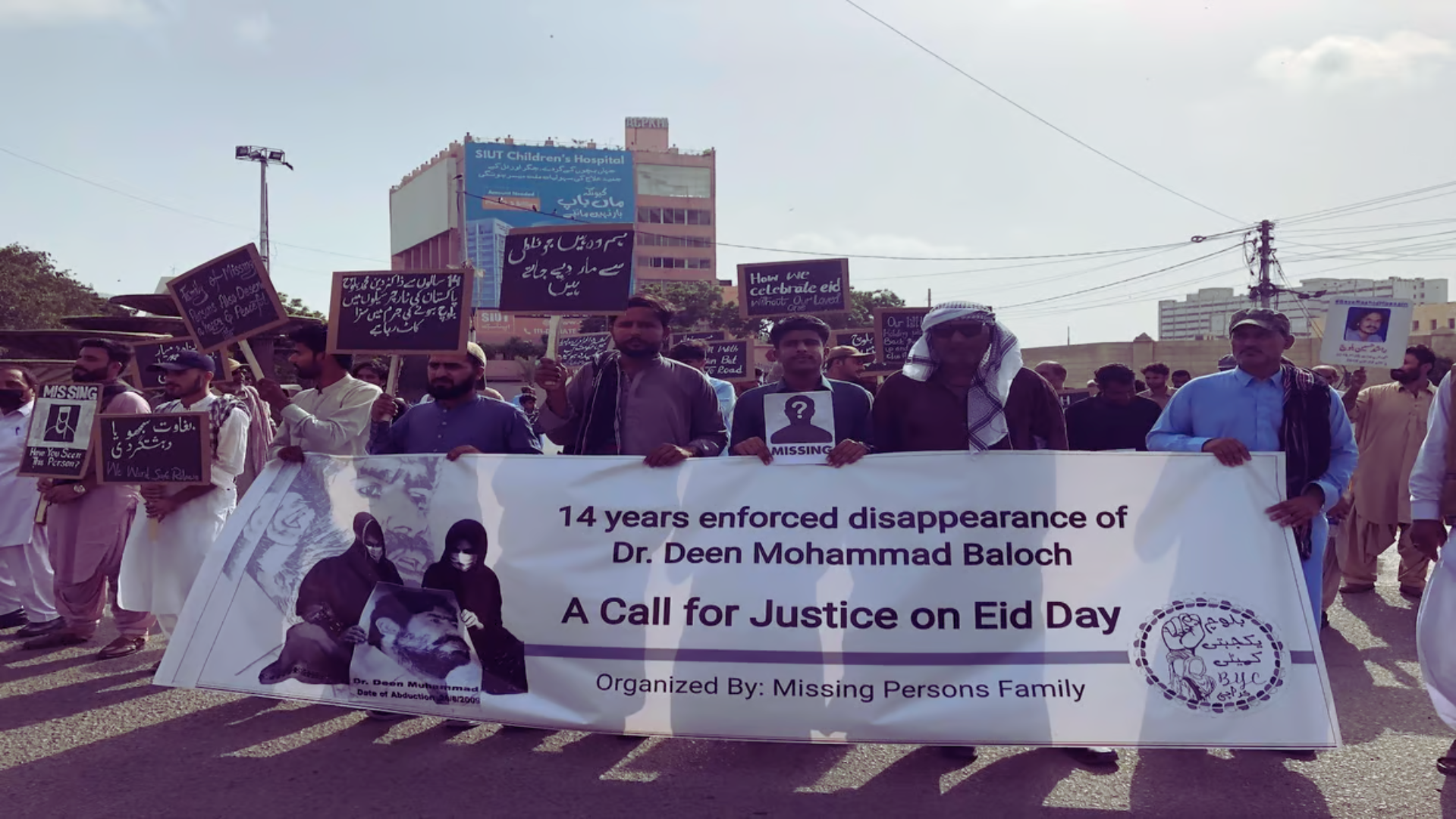Eid al-Adha, also known as the “Festival of Sacrifice,” stands as one of the most significant celebrations in the Islamic calendar. This auspicious holiday, rich with history and tradition, commemorates the profound act of obedience and faith demonstrated by the Prophet Ibrahim (known as Abraham in the Judeo-Christian tradition).
Historical Significance
The origins of Eid al-Adha date back to a pivotal story shared by both the Quran and the Bible. According to Islamic belief, Prophet Ibrahim was commanded by God in a dream to sacrifice his beloved son, Ismail. Demonstrating unwavering faith, Ibrahim prepared to carry out the divine command. However, at the moment of the sacrifice, God intervened, providing a ram to take Ismail’s place. This act of devotion is honoured annually by Muslims around the world during Eid al-Adha.
Timing and Connection to Hajj
Eid al-Adha is observed on the 10th day of Dhu al-Hijjah, the final month of the Islamic lunar calendar. Its celebration is intricately linked to the Hajj, the pilgrimage to the holy city of Mecca, which is one of the Five Pillars of Islam. The conclusion of Hajj marks the beginning of Eid al-Adha, making it a time of spiritual culmination for those who have completed the pilgrimage.
Rituals and Practices
The observance of Eid al-Adha begins with a special prayer service known as Salat al-Eid, performed in congregations at mosques or open spaces. This prayer is a vital aspect of the celebration, fostering a sense of unity and collective worship within the Muslim community.
The act of Qurbani, or sacrifice, is central to Eid al-Adha. Muslims who can afford to do so sacrifice an animal, typically a sheep, goat, cow, or camel, in remembrance of Ibrahim’s willingness to sacrifice his son. The meat from the sacrifice is divided into three parts: one-third is given to the poor and needy, one-third is shared with relatives and friends, and the remaining third is kept by the family. This distribution underscores the values of charity, generosity, and community support that are paramount during this festival.
Charity and Community
Eid al-Adha emphasizes the spirit of giving and compassion. Beyond the distribution of sacrificial meat, Muslims are encouraged to engage in acts of charity, ensuring that everyone, regardless of their financial situation, can partake in the festive spirit. Donations to charitable organizations and direct support to those in need are common practices, reflecting the core Islamic principles of empathy and social responsibility.
Cultural Variations
While the essence of Eid al-Adha remains consistent, its celebration is enriched by diverse cultural expressions. Across different countries and regions, unique customs and traditions have evolved, adding vibrant colours and flavours to the festival. From special dishes and sweets prepared for the occasion to traditional clothing and communal gatherings, each culture brings its own flair to the observance of Eid al-Adha.
Eid al-Adha is more than a religious obligation; it is a time of reflection, gratitude, and communal harmony. It reminds Muslims of the importance of faith, sacrifice, and charity, values that transcend the boundaries of time and geography. As families and communities come together to celebrate, they not only honour the legacy of Prophet Ibrahim but also reinforce the bonds of brotherhood and compassion that are the bedrock of Islamic teachings.























